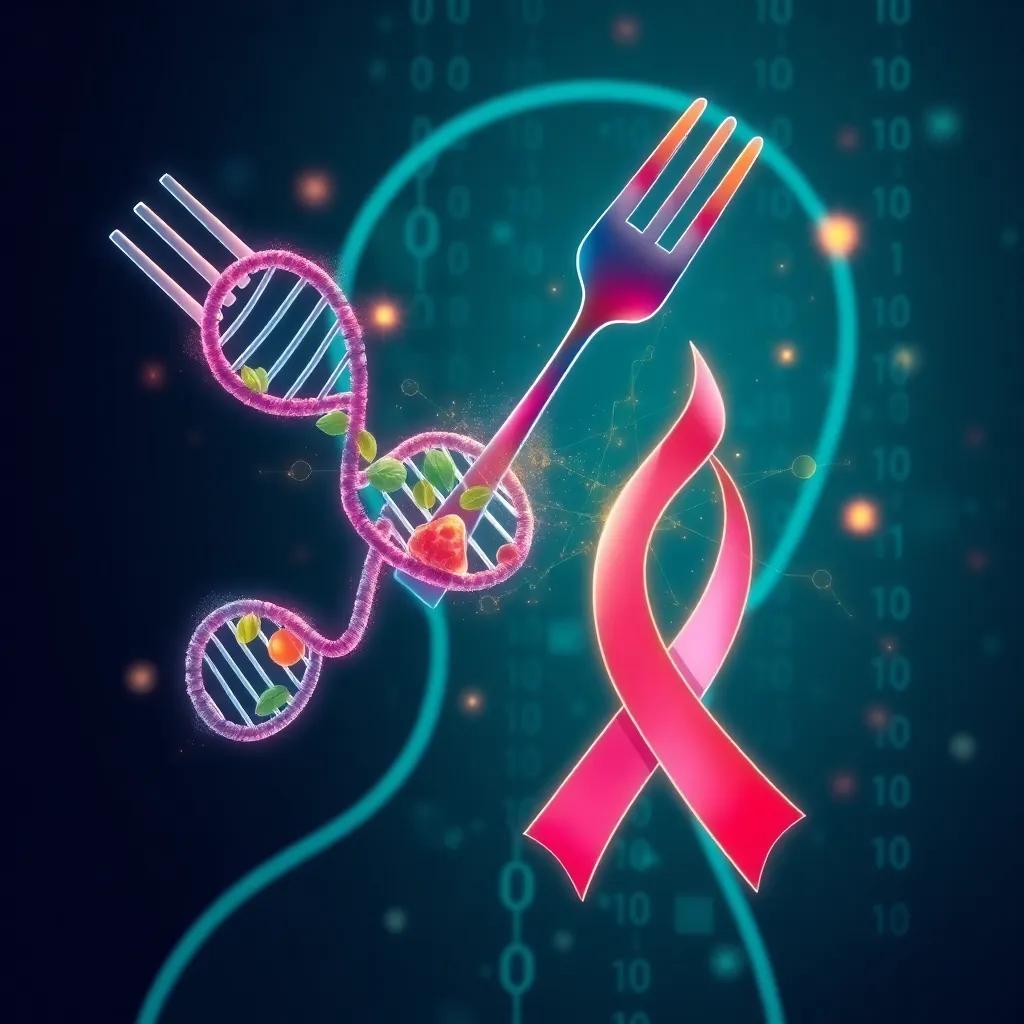Emerging research shows personalized dietary interventions can significantly reduce side effects and improve adherence to breast cancer endocrine therapy.
New AI-driven nutrition strategies and microbiome analysis are transforming supportive care for breast cancer patients undergoing endocrine therapy.
The New Frontier of Precision Nutrition in Breast Cancer Care
Recent advancements in nutritional science are revolutionizing how we support breast cancer patients undergoing endocrine therapy. The American Society of Clinical Oncology (ASCO) made a significant update to its guidelines in June 2024, now recommending vitamin D screening for all breast cancer patients starting endocrine therapy
, based on new evidence linking deficiency to increased musculoskeletal pain.
Omega-3 Fatty Acids: Beyond Standard Dosing
A groundbreaking May 2024 study published in JNCI revealed that high-dose omega-3 supplementation (4g/day) showed superior pain relief compared to standard doses, with 42% of patients reporting significant improvement
in arthralgia symptoms. This builds on earlier findings from a 2023 meta-analysis in Breast Cancer Research that first demonstrated omega-3’s potential to reduce arthralgia severity by 30%.
The Microbiome Connection
Emerging research presented at the 2024 ASCO Annual Meeting suggests that gut microbiome modulation through prebiotics may alleviate therapy side effects
. Dr. Elena Martinez from MD Anderson Cancer Center reported that patients with diverse gut microbiomes experienced 25% fewer treatment-related symptoms.
AI-Powered Nutrition Planning
The FDA recently approved NutriOnco, a novel digital tool that uses artificial intelligence to personalize nutrition plans for cancer patients. As noted in their press release, the system analyzes individual treatment regimens, side effect profiles, and biomarker data to generate customized dietary recommendations
.
Dietary Patterns Matter
A March 2024 clinical trial published in Clinical Nutrition demonstrated striking results: Mediterranean diet adherence reduced endocrine therapy discontinuation rates by 28%
compared to standard dietary advice. The study followed 500 patients over two years, showing significant improvements in therapy tolerance.




